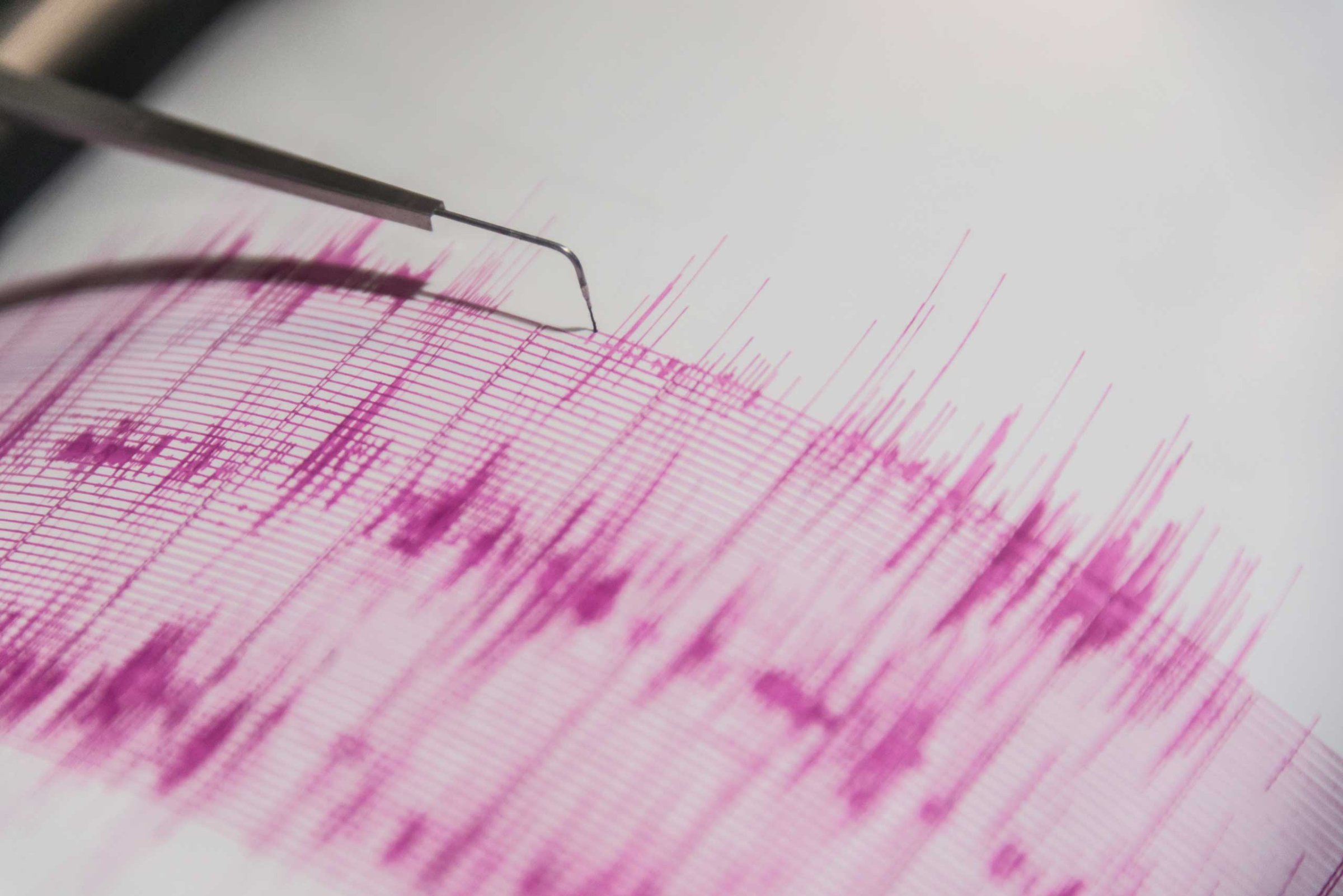
Animals may be able to sense an earthquake coming as long as three weeks before it happens, well before humans can, a new international study found.
By examining footage from motion-sensor cameras in Peru’s Yanachaga National Park, scientists found that animal activity declined significantly in the month before a major 7.0 magnitude earthquake struck, according to a study published in Physics and Chemistry of the Earth. During the three weeks before the earthquake, the cameras recorded about a third as many animal sightings as usual, and in the five to seven days before the quake, the cameras recorded no animals at all. The researchers think that animals may be more sensitive to positive ions in the air that build up when rocks in the earth’s surface are stressed leading up to an earthquake, which may cause them to flee.
This is not the first time researchers have noted this phenomenon—scientists in China and Japan have been studying it for a while, noting that lab rats have a harder time sleeping ahead of an earthquake.
(h/t CNN)
More Must-Reads from TIME
- Cybersecurity Experts Are Sounding the Alarm on DOGE
- Meet the 2025 Women of the Year
- The Harsh Truth About Disability Inclusion
- Why Do More Young Adults Have Cancer?
- Colman Domingo Leads With Radical Love
- How to Get Better at Doing Things Alone
- Michelle Zauner Stares Down the Darkness
Write to Charlotte Alter at charlotte.alter@time.com